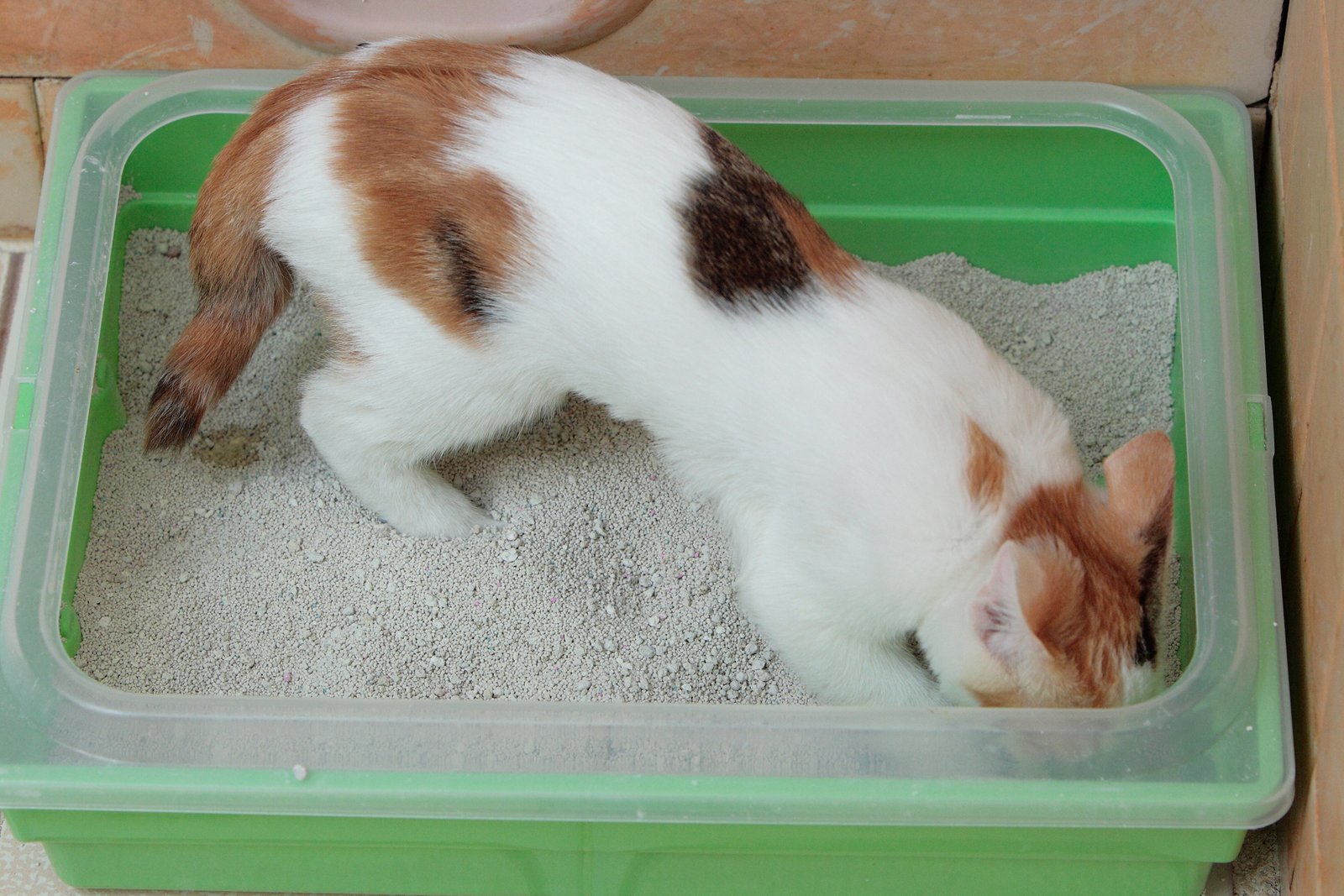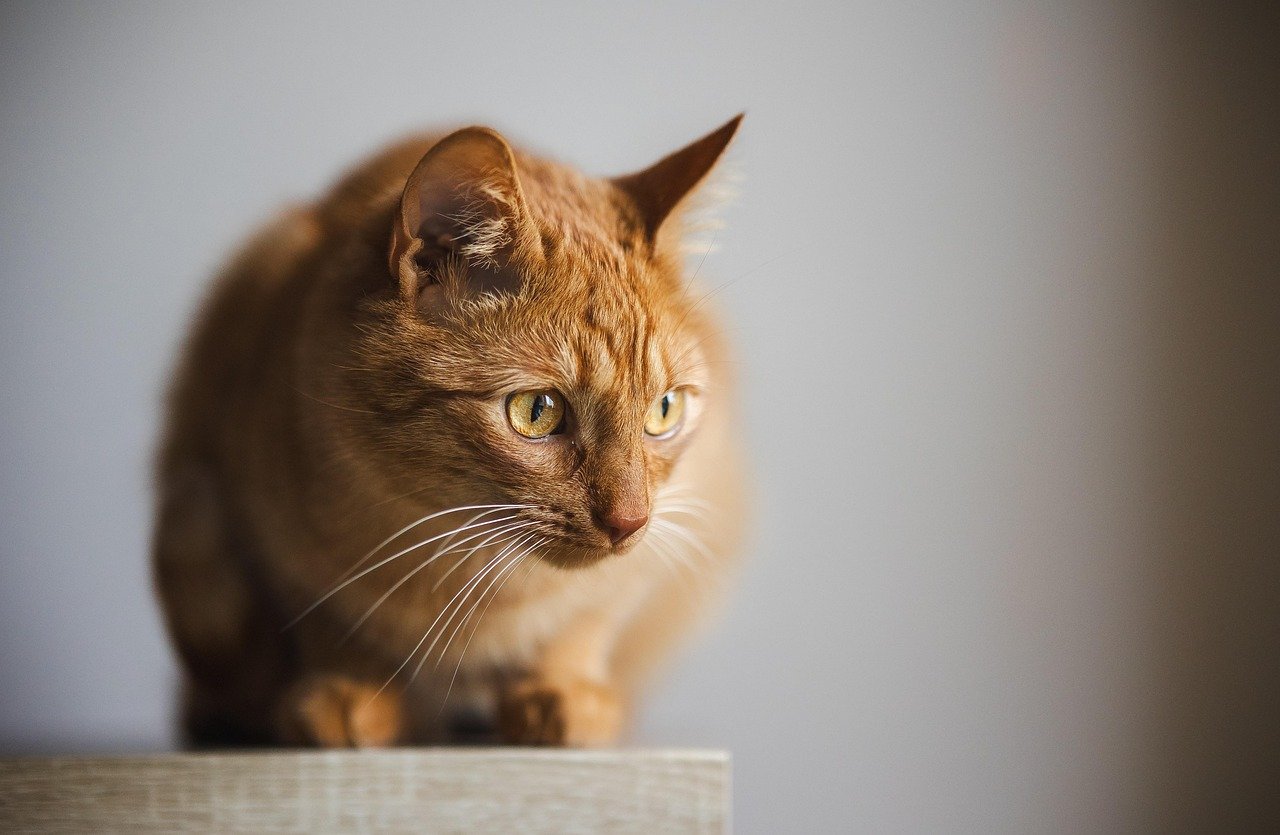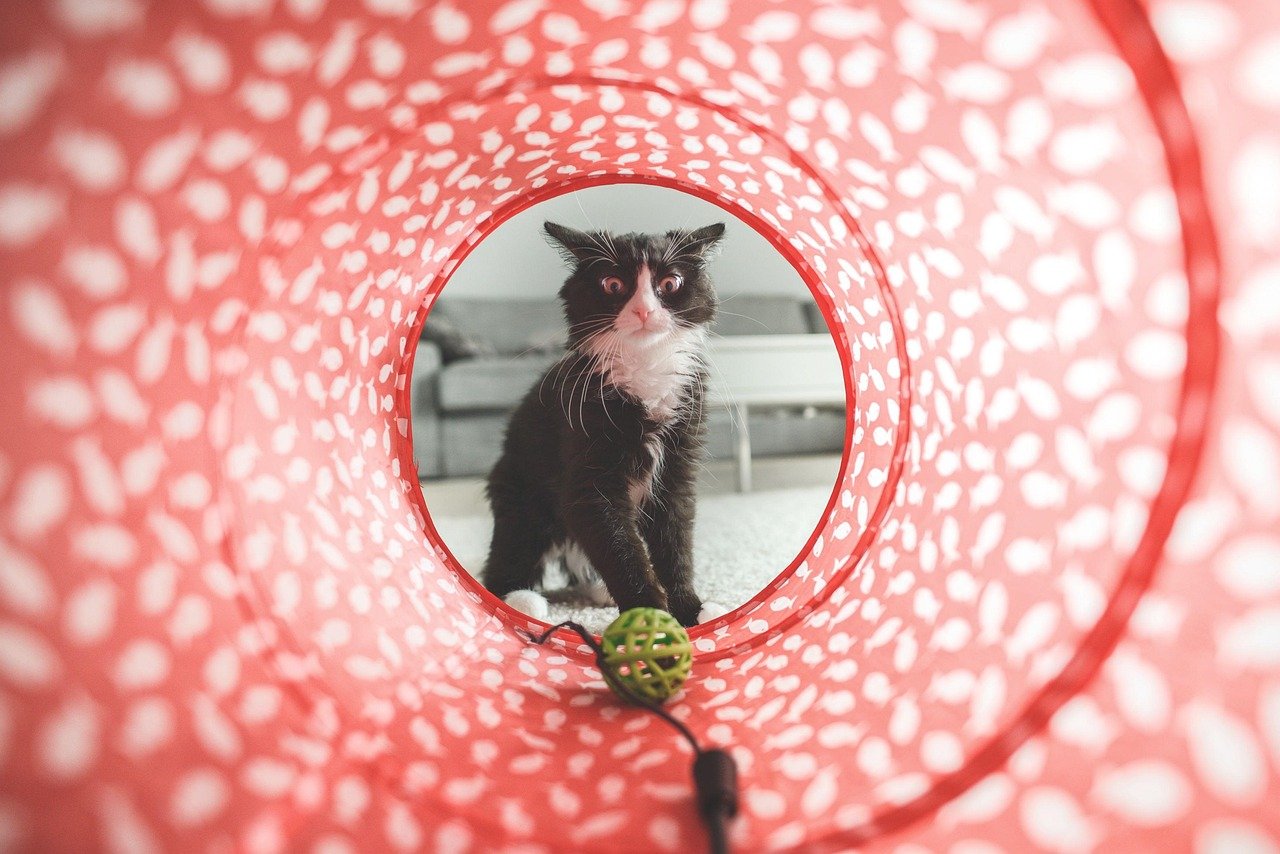Have you ever felt frustrated walking into a room and being hit by that unmistakable, sharp scent of cat spray? When your beloved furry friend marks their territory inside your home, it can feel like a personal betrayal—especially after all the love and care you provide. But before you start losing hope or patience, let’s unravel the mystery behind this behavior. Understanding why cats spray and how to stop it can turn your home back into a peaceful, fresh-smelling sanctuary. Let’s dive into the heart of this surprising problem and discover ways to help both your cat and your nose!
Understanding Why Cats Spray

Few things are more frustrating for cat owners than discovering that unmistakable smell — cat spray — in places it doesn’t belong. Unlike regular urination, spraying is a form of territorial marking, and it’s your cat’s way of communicating stress, insecurity, or competition. While this behavior is natural, it can quickly become a nuisance in the home. The good news? With a little insight into why cats spray and how to address the root causes, you can prevent it without punishing your feline friend.
Spraying isn’t just a random act of rebellion—there’s almost always a reason behind it. Cats typically spray to mark their territory, communicate with other cats, or express stress. Both male and female cats can spray, though it’s more common in males. Sometimes, it’s their way of saying, “This is my space!” especially if they feel threatened or insecure. Other times, changes in their routine, a new pet, or unfamiliar smells in the house can trigger this behavior. Remember, it’s not about being naughty; it’s about feeling safe and heard. Understanding your cat’s motives is the first step toward finding a solution that works for everyone in the household.
Recognizing the Difference Between Spraying and Litter Box Issues
It’s easy to confuse spraying with simple litter box accidents, but they’re actually quite different. When cats spray, they usually stand with their tail upright, often quivering, and deposit a small amount of urine on vertical surfaces like walls or furniture. In contrast, urinating outside the box usually involves squatting and leaving a larger puddle on horizontal surfaces. Knowing the difference helps you tackle the real problem. Spraying is a form of communication, while litter box accidents can be due to medical issues or box aversion. Addressing the right issue ensures your efforts aren’t wasted and your cat gets the help they need.
Spaying or Neutering Your Cat

One of the most effective ways to stop spraying is to have your cat spayed or neutered. Unaltered cats, especially males, are much more likely to spray to mark territory or attract mates. The urge to spray drops dramatically after the procedure, and many owners notice a big improvement within weeks. If your cat is already spraying, it’s never too late to schedule the surgery. Not only does this help with marking, but it also has health benefits and can reduce unwanted behaviors overall. For many cat parents, this simple step is the turning point in restoring harmony at home.
Reducing Stress and Anxiety in Your Cat
Stress is a major trigger for spraying. Changes in the household—like new furniture, visitors, or other pets—can make your cat feel uneasy. Cats thrive on routine and stability. Try to keep their environment predictable, and introduce changes slowly. Creating safe havens—like cozy beds in quiet corners—gives them a sense of control. You can also try calming pheromone diffusers or sprays designed specifically for cats. These mimic natural calming signals and can help soothe your feline friend. By lowering stress, you’re not just stopping spraying—you’re making life better for your cat.
Keeping the Litter Box Clean and Appealing

A dirty or uninviting litter box can drive even the most well-behaved cat to spray. Cats are fastidious creatures and prefer a clean, odor-free place to do their business. Scoop the box daily and change the litter completely at least once a week. Make sure the box is big enough and placed in a quiet, accessible spot. Some cats dislike covered boxes or certain types of litter, so experiment to find what your pet prefers. Having multiple boxes (especially in multi-cat homes) can also prevent territory disputes that lead to spraying. A happy litter box situation means less marking elsewhere!
Eliminating Lingering Odors

Cats have incredibly sensitive noses. If your cat smells old urine, even if you can’t, they may be tempted to spray in the same spot again. Regular cleaners often don’t remove the scent completely. Use an enzymatic cleaner designed to break down the chemicals in cat urine. Clean the affected area thoroughly, and avoid products with ammonia, as they smell similar to urine and can make the problem worse. You might even rearrange furniture or place food bowls in sprayed spots—cats usually avoid spraying where they eat. Erasing the scent helps break the cycle and discourages repeat offenses.
Providing Plenty of Enrichment and Play

Boredom can lead to all sorts of unwanted behaviors, including spraying. Cats need mental and physical stimulation to stay happy and healthy. Regular play sessions with toys like feather wands or laser pointers can burn off excess energy. Scratching posts, climbing trees, and puzzle feeders keep your cat entertained when you’re not around. If your cat feels fulfilled and engaged, they’re less likely to act out. Enrichment isn’t just about preventing bad behavior—it’s about building a joyful, trusting relationship with your pet.
Managing Multi-Cat Households
Living with multiple cats can create competition and tension, which often leads to spraying. Each cat needs their own resources: litter boxes, food bowls, and sleeping spots. Follow the “one plus one” rule—one litter box per cat, plus one extra. Make sure there are plenty of high, safe spaces where cats can retreat if they need a break. Observe their interactions and step in if you notice bullying or territorial disputes. By reducing rivalry and giving each cat their own space, you help create a peaceful home where everyone feels secure.
Consulting Your Veterinarian
If your cat suddenly starts spraying, don’t assume it’s just behavioral. Medical issues—like urinary tract infections, bladder stones, or diabetes—can cause changes in bathroom habits. Any sudden change in your cat’s behavior warrants a check-up with your vet. They can rule out health problems and offer advice tailored to your situation. Sometimes, targeted medication or behavior modification plans are needed. Your vet is your best ally in deciphering your cat’s needs and helping them feel their best.
Cat spraying can be a challenging behavior, but it’s not something you have to live with forever. By understanding the underlying causes—whether territorial, medical, or stress-related—you can take targeted steps to reduce your cat’s urge to mark. From creating a calm, secure environment to using vet-recommended solutions and consistent routines, preventing spraying is all about patience and proactive care. With the right approach, you’ll not only protect your home but also help your cat feel more comfortable, confident, and at ease.